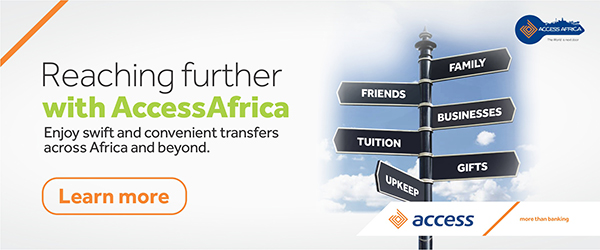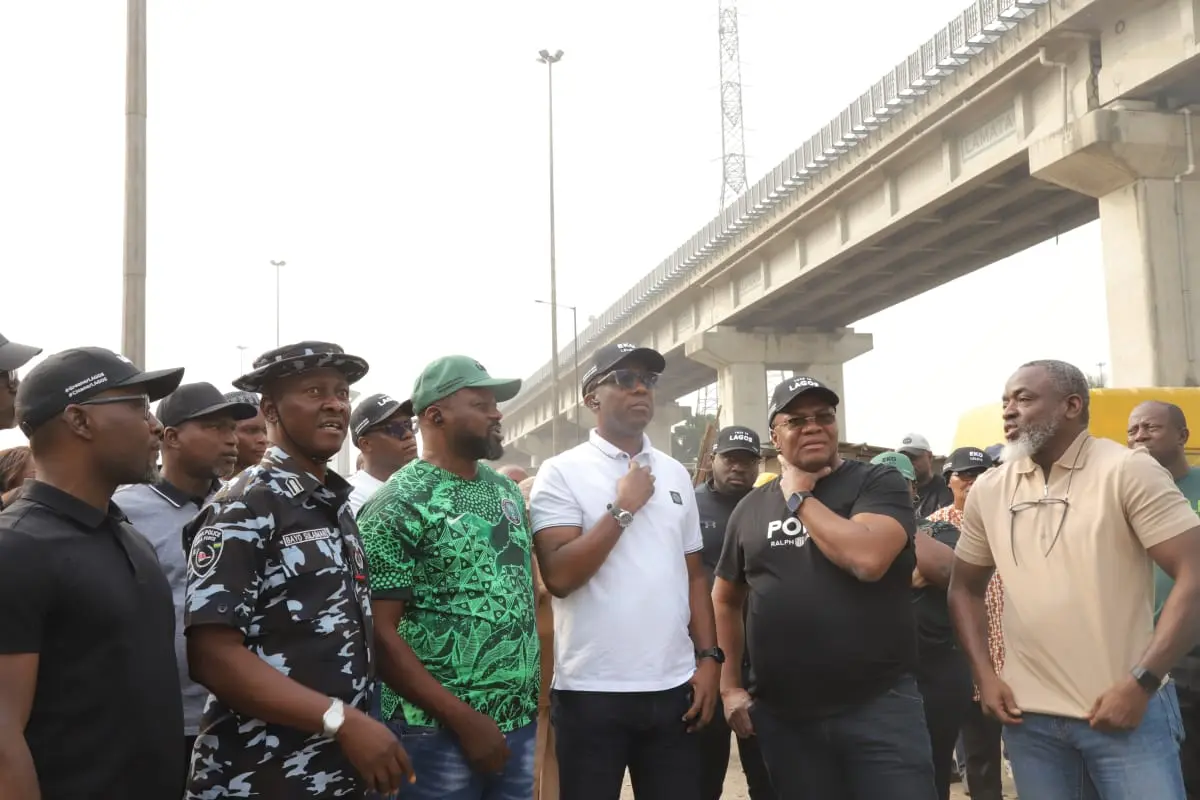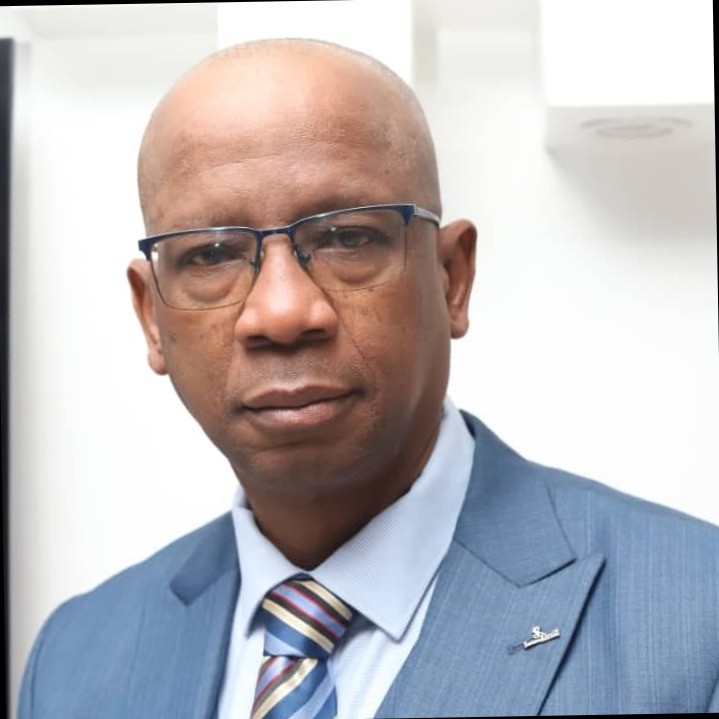The story of Corporate Nigeria in 2022, cannot be complete without a chapter on the incredible performance of First Bank of Nigeria Limited, which saw the hitherto encumbered bank now returning to the top of the ladder of the Nigerian banking industry, amid a harvest of international laurels, writes Festus Akanbi
By December this year, Nigerian quoted companies will begin to upload their full year 2022 results in compliance with the dictates of the principle of disclosures to regulators, investors and customers as enshrined in the act of Corporate Governance.
While the waiting game for the release of the more detailed full-year results continues, analysts said that bookmakers can only assess the current level of profitability, efficiency and recovery of these companies based on their half-year reports which began to hit the various media platforms from July this year.
For FirstBank, a subsidiary of the behemoth FBN Holdings Plc, the 2022 operation year has been characterised by a superlative performance which analysts believed signposts the confirmation of the bank’s return to the frontline of the Nigerian banking industry following its 2021 equally stellar performance.
From its half-year 2022 reports, which show a remarkable turnaround, and the ability of the management of the bank not only to resolve old corporate governance issues but to also return the bank to the path of profitability, it has been proven beyond any reasonable doubt that FirstBank has freed itself from old encumbrances and it is back to its old trajectory of breaking boundaries and being a pacesetter in the Nigerian banking industry.
For instance, analysts who believed that FirstBank’s current excellent performance is a reaffirmation of the new era of a return to greater and better times ahead are quick to point to the bank’s half-year 2022 results which proved the solidity of the financial institution and confirmed that it is back in form as a formidable industry leader.
Reinforcing Quantum Profitability Leap Agenda
For instance, in its half-year 2022 scorecard, FirstBank recorded a 22.6 per cent year-on-year growth in gross earnings to N338.5 billion while net interest income was up 49.3 per cent year-on-year to N152.9 billion respectively.”
The bank’s Managing Director/Chief Executive, Adesola Adeduntan who gave this figure disclosed that “Amidst a challenging operating and dynamic regulatory environment in the half year 2022, the commercial banking group remained focused on executing key initiatives to position the group for improved profitability in the full year 2022. Our half-year results further reinforced our drive towards our ‘Quantum Profitability Leap’ agenda.”
Adeduntan said, “On the back of the impressive growth recorded in our top line, our profit before tax recorded a strong growth of 40.0 per cent year on year to N60.0 billion, whilst profit after tax also grew by 42.3 per cent year on year to N53.3 billion as the bank continues to reap the dividends of the successful restructuring of our balance sheet and revamping of our risk management architecture.”
“We continue to record progress in driving down our non-performing loan ratio which now stands at 5.4 per cent at the end of H1 and we are on target to bring it within the regulatory limit of 5 percent by end of full-year 2022.”
Awards and Recognitions: FirstBank’s Leading the Pack
In terms of recognition, there is no doubt that the ongoing transformation in FirstBank is globally recognised when one considers the harvests of awards and recognitions that are already pouring in for the bank.
Analysts said the awards and recognitions, which include those from the Fitch Ratings and The Banker awards and Euromoney rankings are testimonials of FirstBank’s consistent performance.
Fitch Rerating
Analysts maintained that the current Fitch rerating of FirstBank aligns with ratings of other global agencies (such as S&P: B- with a stable outlook; Moodys: B2 with stable outlook) – a confirmation of what industry peers already acknowledge – back to leading the pack.
On September 16, 2022, Fitch Ratings announced the upgrade of FBN Holdings Plc’s (FBNH) and First Bank of Nigeria Ltd’s (FBN) Long-Term Issuer Default Ratings (IDRs) to ‘B’ from ‘B-‘, and according to the rating agency, the Outlooks are Stable. Fitch has also upgraded their Viability Ratings (VR) to ‘b’ from ‘b-‘.
It explained that the upgrade of the Long-Term IDRs follows that of the VRs, reflecting that corporate governance irregularities publicly raised by the Central Bank of Nigeria (CBN) in April 2021, including two longstanding related-party exposures, have largely been addressed and therefore risks to capitalisation have receded, helped by strong internal capital generation since the irregularities were raised.
Governance Issues Laid to Rest
Following its monitoring of the Bank’s corporate Banking endeavours within the last year, the rating agency gave FirstBank a clean bill of health saying the bank’s governance irregularities have been addressed and according to the management of the bank, “the two related-party exposures highlighted by the CBN, which included equity and credit exposures to two companies of whom FBNH’s previous chairman was also chairman, have largely been disposed of and repaid. Fitch understands from management that FBNH and FBN have not been subject to penalties about irregularities raised by the CBN in April 2021 and no further irregularities have been raised.”
It also attests to the solidity of the bank, affirming that FBN is the third-largest bank in Nigeria, representing 11% of domestic banking-system assets at the end of 2021.
Another reason for the high rating is the fact that the bank’s improved asset quality since FirstBank’s impaired loans (Stage 3 loans under IFRS 9) ratio has declined significantly.
FirstBank also boasts of a Stable Funding Profile. For instance, FBN’s customer deposit base (76% of total funding at end-1H22) comprises a high share of retail deposits (64% at end-2021) and current and savings accounts (81% at end-1H22), supporting funding stability and a low-cost of funding. Depositor concentration is fairly low. Liquidity coverage is comfortable in local and foreign currencies.
Bankers Magazine: FirstBank Best Performing in Nigeria
It is also not a coincidence that FirstBank was rated first among its peers in Nigeria by Bankers Magazine, a publication of the Financial Times.
The Top 100 African Bank Rankings 2022 recently released by The Banker shows FirstBank leading the Nigerian table in four areas, the highest achieved by any Nigerian bank; only FirstBank leads in four areas. The rankings, based on the end of year 31 December 2021 audited financials of all banks in the Top 100, reveal FirstBank’s ranking as number one in Nigeria in terms of Overall Performance, Profitability, Efficiency and Return on Risk.
The magazine, which explained that its Top 100 African Banks ranking for 2022 demonstrates a broad return to stability by African banks after a torrid year for the continent’s largest lenders placed FirstBank among other banks in Nigeria because it happened to be the only bank that led in four areas.
First Bank of Nigeria Limited leads its peers in fifth place overall, displacing Guaranty Trust Bank, now in seventh place. Access Bank ranks in the eighth position, with Zenith Bank in 10th place.
Euromoney Rankings: FirstBank, Market Leader
In addition, in 2022, Euromoney Market Leaders, an independent global assessment of the leading financial service providers conducted by Euromoney Institutional Investor Plc crowned FirstBank as a market leader. The bank was rated as a tier one bank in the areas of corporate and social responsibility (CSR).
Not only that, but FirstBank also emerged as a market leader among the tier-one banks in the area of Environmental, Social and Governance (ESG).
In the area of corporate banking and digital solution, FirstBank was highly regarded while it was crowned as a notable player in SME Banking for the period under review.
FirstBank was named “Best Bank Brand in Nigeria” for six years in a row – 2011 to 2016 – by The Banker magazine of the Financial Times Group; it was awarded “Most Innovative Bank in Africa” in the EMEA Finance African Banking Awards 2014; it has clinched the “Best Bank in Nigeria” award by Global Finance Magazine 15 times and the “Best Private Bank in Nigeria” by World Finance Magazine seven times. Some other recent awards received by the Bank are “Best Banking Brand Nigeria, 2019” by Global Brands Magazine; “Best Mobile Banking App – Nigeria, 2019” by Global Business Outlook and “Best Financial Inclusion Program – Nigeria, 2019 by International Investor.
In the words of FirstBank’s CEO, Dr Adesola Adeduntan, ‘what all these current ratings and recognitions demonstrate is that FirstBank is strongly back on course! Knowing this is only the beginning of a new era of return to the trailblazing position and that better times lie ahead we encourage our customers and other stakeholders to keep believing and keep standing by us.’
Banking on Robust Customer Service Network
Through the last 128 years of its operations, FirstBank has played a leading role in utilising its robust customer service network and digital banking architecture to support its customers – cutting across diverse cultures, tribes and races beyond the shores of Nigeria – in meeting their individual and business needs.
First Bank of Nigeria Limited operates as a parent company, with the subsidiaries FBNBank in the Democratic Republic of Congo, Ghana, The Gambia, Guinea, Sierra Leone and Senegal; FBN Bank UK Limited in the United Kingdom with a branch in Paris; First Bank Representative Office in Beijing to capture trade-related business between geographies. FirstBank also operates First Pension Custodian Nigeria Limited, Nigeria’s foremost pension custodian. The teeming customers of the First Bank Group are serviced from a network of over 700 business locations across Africa.
Culled from ThisDay Newaspaper


 Society6 years ago
Society6 years ago
 Society3 years ago
Society3 years ago
 Society3 years ago
Society3 years ago
 News and Report5 years ago
News and Report5 years ago
 News and Report6 years ago
News and Report6 years ago
 News and Report5 years ago
News and Report5 years ago










